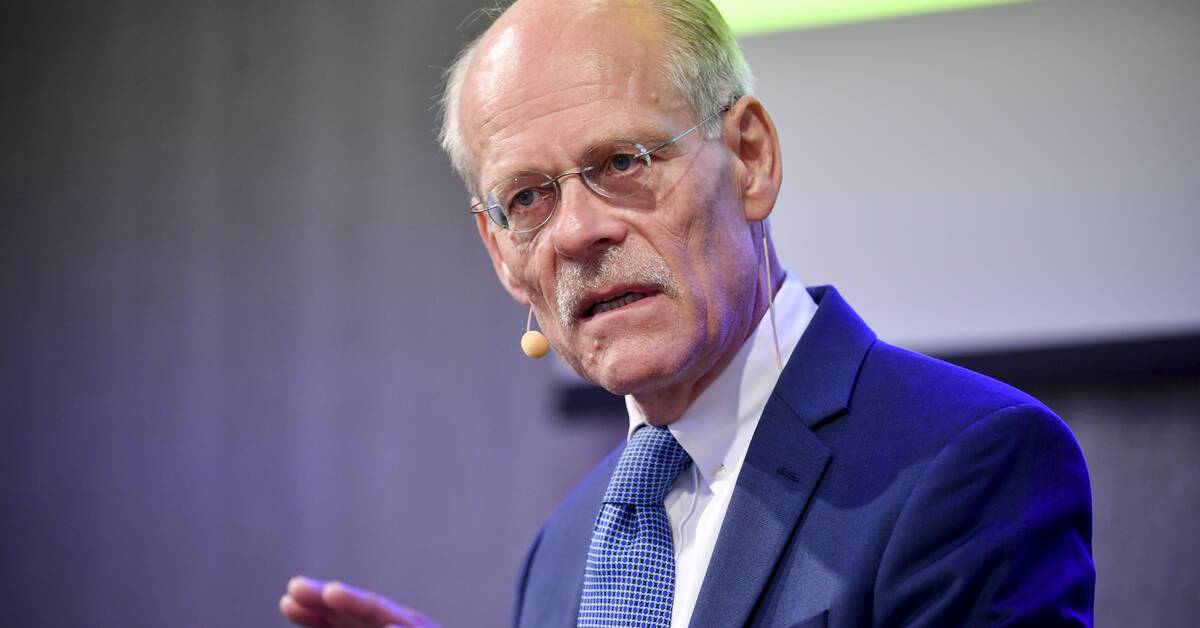On Thursday morning, the Riksbank announced a new policy rate.
The new policy rate lands at 0.75 percent.
After being at 0 percent and lower since 2014, the policy rate changed in May and has since been at 0.25 percent.
The last time a so-called double increase took place was in February 2000, when the Riksbank raised the key interest rate, then the repo rate, by 50 basis points from 3.25 to 3.75 per cent.
Andreas Wallström, head of forecasting at Swedbank, is one of several experts who expected an increase.
- The whole purpose of the increase is to curb inflation, so hopefully we will see lower inflation next year.
- It is difficult for the Riksbank.
We are a small economy in a big world.
The big picture is that we import inflation.
So the most important thing to bring down Swedish inflation is probably that the European Central Bank raises interest rates and succeeds in bringing down inflation, says Andreas Wallström.
Shoka Åhrman, savings economist at SPP, is on the same track.
- Much of what the Riksbank does is about highlighting that you take this seriously and that you will hopefully have an effect over time.
And when you raise the interest rate, it is not just about our mortgage rates, it has an effect on the economy as a whole and as a whole.
With today's inflationary pressure, which in May was 7.2 per cent - 5.2 percentage points higher than the inflation target of 2 per cent - the pressure on the Riksbank to implement more austerity measures is increasing.
SEB predicts, after today's expected double increase, a further increase at the next interest rate announcement in September and the key interest rate would thus be 1.25 already this autumn
Here you can calculate how an increase in mortgage rates will affect your finances

